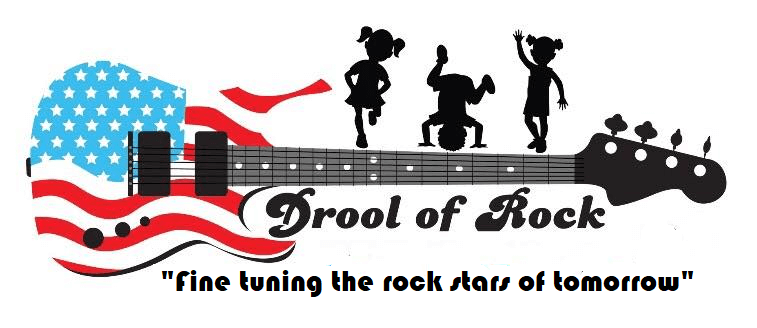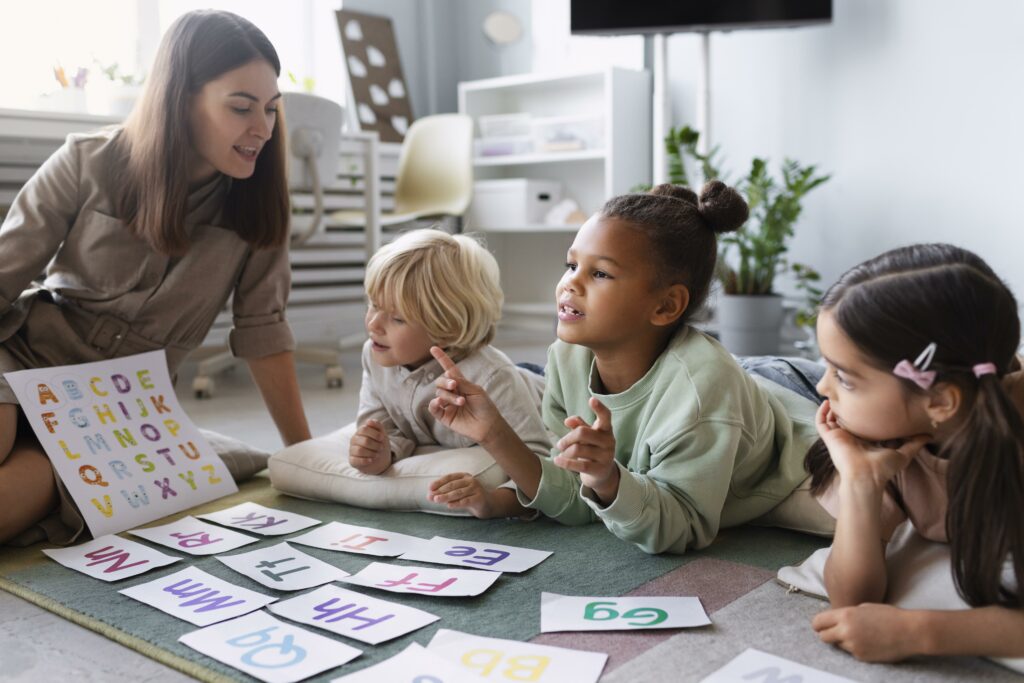In today’s classroom’s, incorporating games into the classroom has become an essential part of the learning process for young children aged 2 to 5. Research consistently supports the idea that children learn best through play, and classroom games have proven to be a powerful tool in making learning enjoyable and engaging.
Benefits of Classroom Games:
1.Increased Motivation:
Studies have shown that incorporating games in the classroom can significantly boost overall motivation among young children. It makes learning an exciting adventure, encouraging them to pay more attention and actively participate in class activities. Games can also serve as a valuable tool for classroom management, helping to keep students engaged. It’s important to note that games are most effective when they are an integral part of the learning process, not just an afterthought.
2.Improved Student Attentiveness:
Contrary to conventional thinking, games can actually enhance students’ attentiveness. Games often move at a quick pace, requiring children to stay alert and focused for extended periods. Research from the University of Wisconsin in Madison suggests that games help train young brains in attentiveness, making it easier for them to concentrate on other activities after the game is over.
3.Enhanced Problem-Solving Skills:
Research conducted by the University of Manchester has highlighted that children who engage in digital game-based learning develop stronger problem-solving skills. Through simulation games and interactive educational games, kids learn to think critically and tackle challenges effectively. These skills are crucial for their future academic success.
4.Language Development:
Language development is a crucial aspect of early childhood education. Surprisingly, even games that are not explicitly language-focused can significantly enhance language skills in young learners. A study conducted by researchers at the University of Connecticut found that games in the classroom contribute to improving vocabulary and language development in K-12 students.
5.Boosting Self-Esteem:
Harnessing the appeal of video games, such as Minecraft, within the classroom can have a profound impact on children’s self-esteem. Australian research has shown that incorporating video games into lessons can foster a sense of pride and emotional connection among students. It’s worth noting that this effect is more pronounced in boys than in girls.
6.Encouraging Class Cooperation:
Collaborative skills are vital for success in both academic and social settings. Games in the classroom provide an excellent platform for young children to learn how to work together as a team, take turns, respect others, listen actively, and play fairly. Research from Nottingham Trent University in the UK highlights the positive impact of games in building cooperation skills.
7.Memory Improvement:
While we often associate brain games with older individuals, studies have shown that video games, especially, can enhance memory in children. The benefits of memory improvement extend well into adulthood, making games a valuable asset in early childhood education.
8.Relating to Digital Natives:
Today’s children are immersed in a digital world, making them true digital natives. Games in the classroom resonate with them on a level they understand and appreciate. This approach aligns with their familiarity with gamified experiences, creating a bridge between learning and their everyday lives.
9.Fostering a Desire to Learn:
Simplifying lessons into games makes children more receptive to learning new concepts. Studies dating back to 1992 have consistently demonstrated that presenting lessons as games ignites a genuine desire to learn among students.
10.Learning from Mistakes:
Games in the classroom not only teach concepts but also provide valuable lessons in learning from mistakes. As Stanford researchers point out, children learn the importance of perseverance and problem-solving, even in the face of setbacks.
Incorporating games into early childhood education is more than just fun and games, it’s a powerful educational strategy. By leveraging games, educators can motivate students, improve attentiveness, enhance problem-solving skills, foster language development, boost self-esteem, sharpen memory and teach valuable life lessons.




